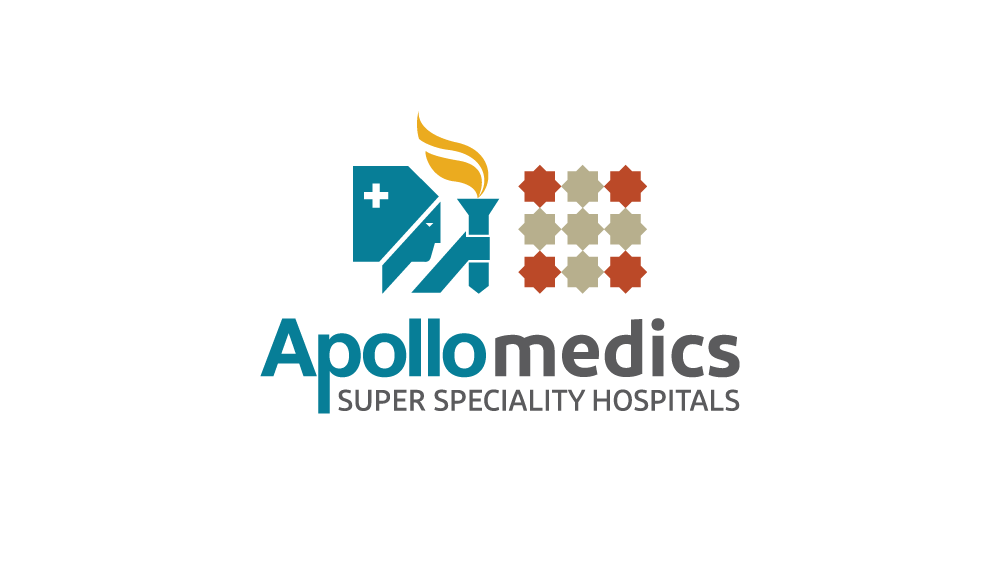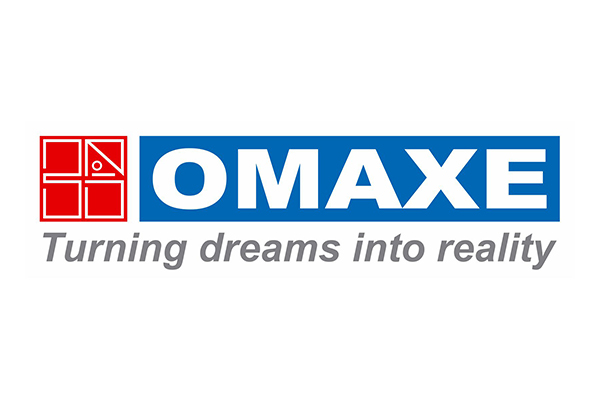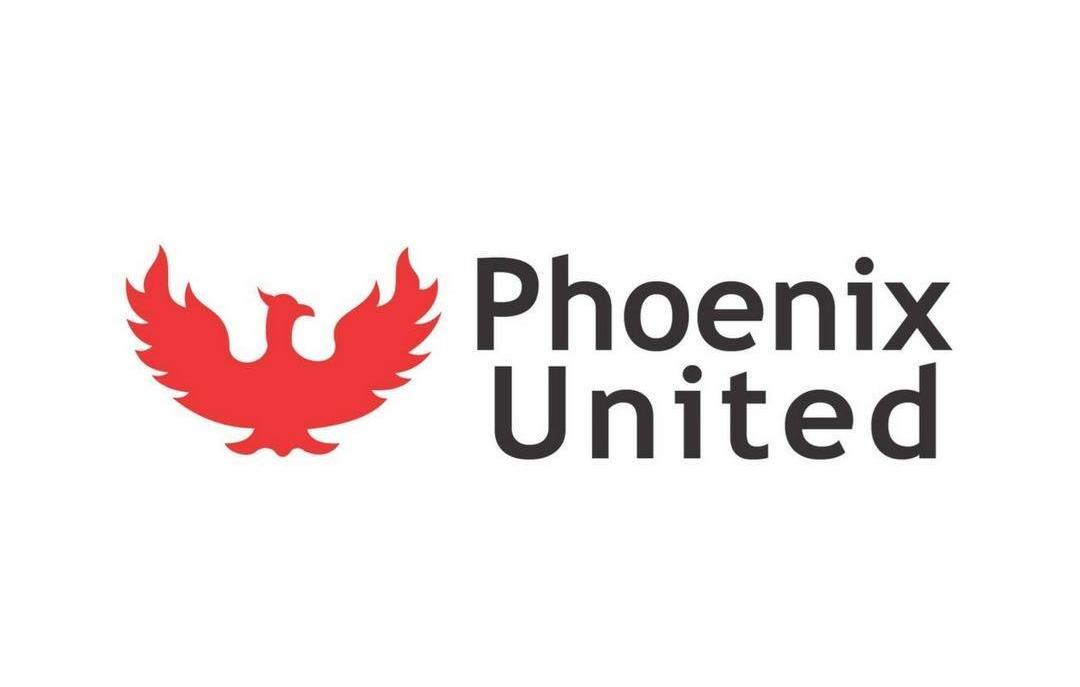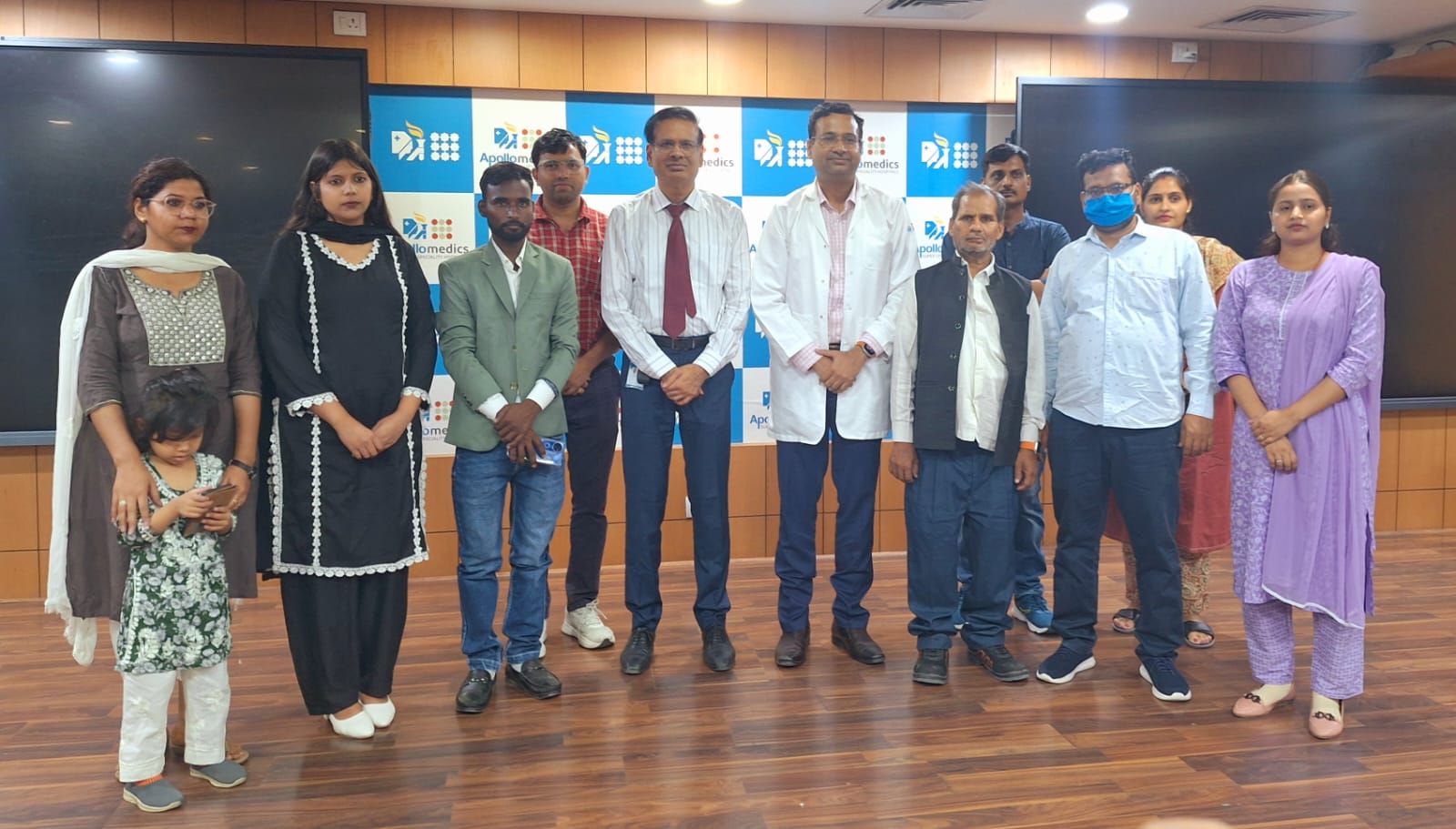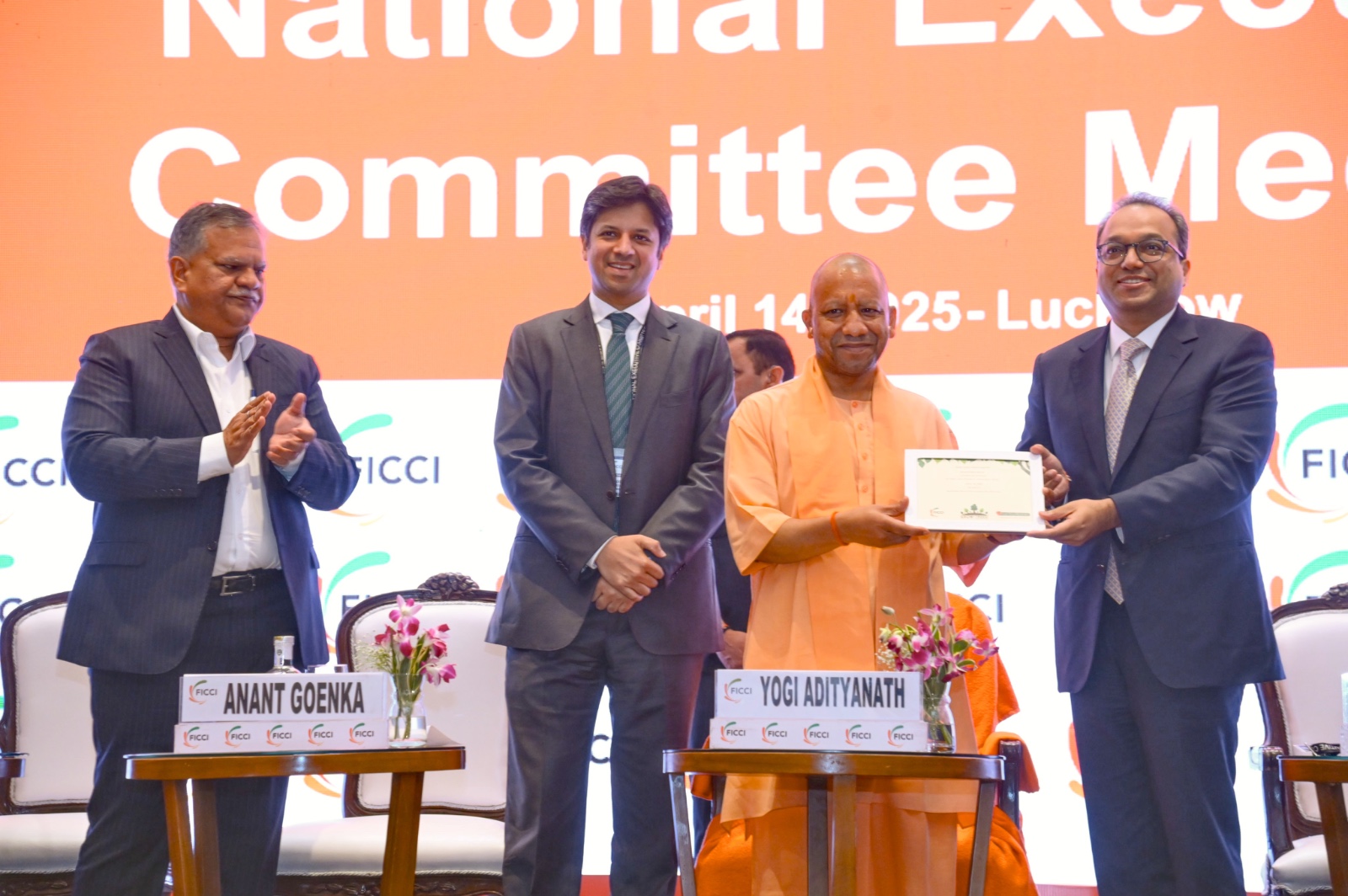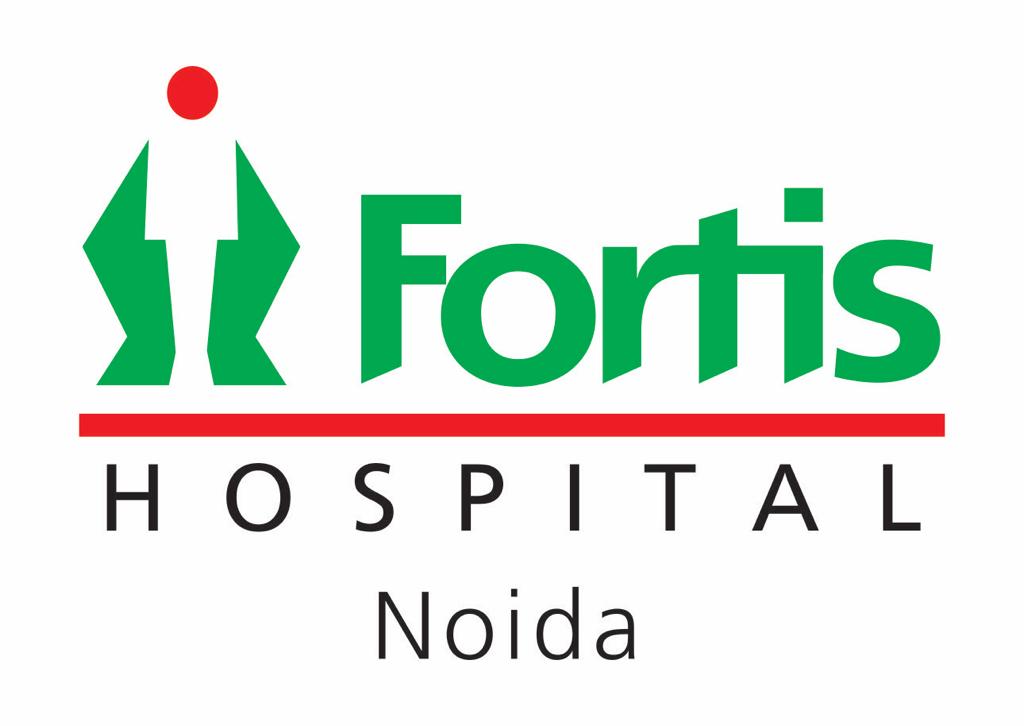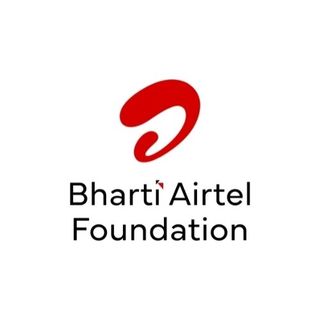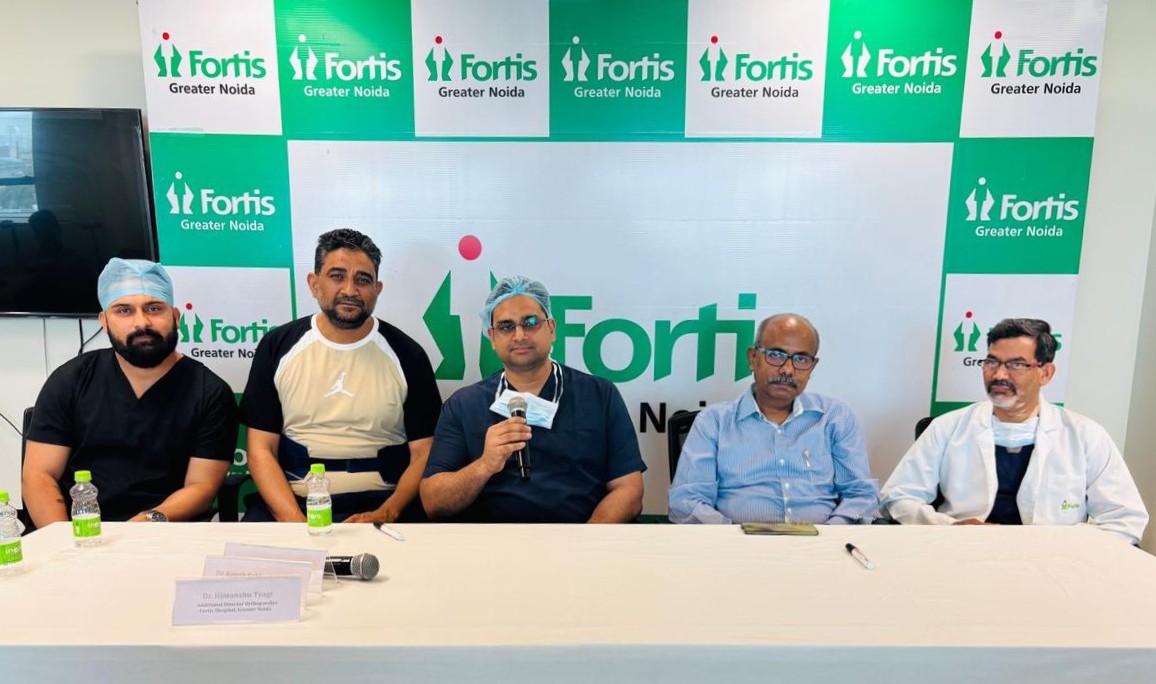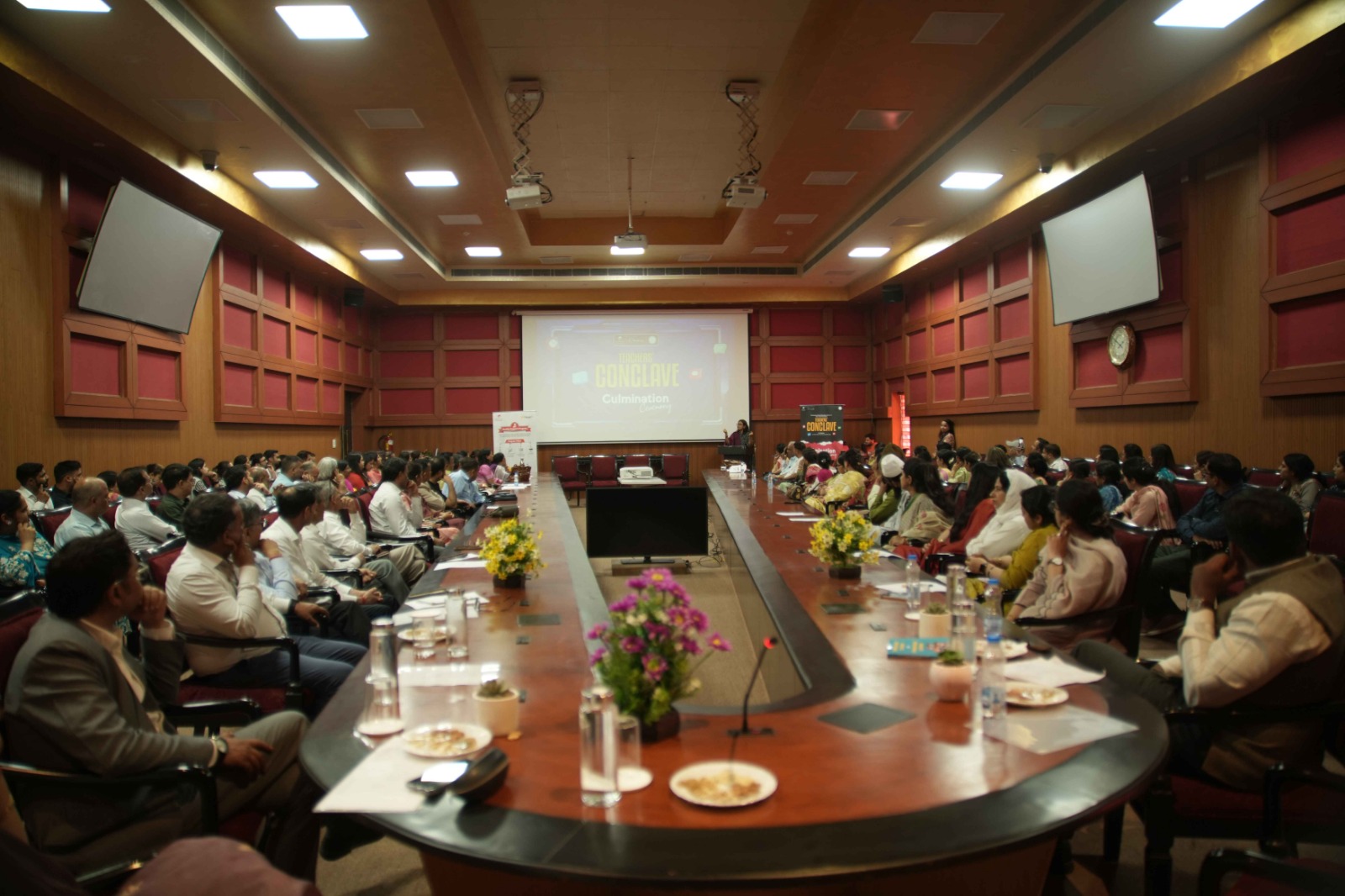19 Lakh Brain Cells Die Every Minute After a Stroke: Dr. Pradeep Kumar, Neurologist, Apollomedics Hospital
Every year on October 29, World Stroke Day is observed globally to raise awareness about the importance of prevention, treatment, and rapid response in stroke cases. Stroke is one of the leading causes of disability and death worldwide, occurring when blood flow to the brain is disrupted.
Dr. Pradeep Kumar, Senior Neurologist at Apollomedics Hospital, explains that every minute after a stroke, 1.9 million brain cells are lost. This makes it crucial to reach a stroke-ready hospital promptly.
Types of Stroke:
1. Ischemic Stroke - Blood clots block blood flow to the brain, the most common type (75% of cases).
2. Hemorrhagic Stroke - Blood vessels rupture, causing bleeding in the brain (25% of cases).
3. Transient Ischemic Attack (Mini Stroke) – Temporary symptoms that may indicate future stroke risk.
Recognize Symptoms (BEFAST):
- B = Loss of Balance, E = Eye Deviation, F = Facial Droop, A = Arm and Leg Weakness, S = Speech Difficulty, T = Time to reach a stroke-ready hospital immediately.
Dr. Pradeep while emphasising the importance of awareness said, “It is essential to know whether the patient has a hemorrhagic (brain hemorrhage) or ischemic stroke to ensure proper treatment. Medical history, current treatment, and family history of stroke are crucial details that help doctors make better decisions. If the patient is taking any medication, it’s advisable to keep relevant documents or a photo of them on their mobile.”
The first four and a half hours after a stroke are critical for treatment. As soon as stroke symptoms appear, go directly to a stroke-ready hospital with CT scan facilities and a neurologist on-call. During this period, treatment through a ‘clot-buster injection’ can break up blood clots.
The risk of stroke is often linked to lifestyle factors like smoking, uncontrolled diabetes, and heart disease. To reduce these risks, lifestyle improvements and regular medication are essential. If stroke symptoms appear, don’t waste time on home remedies, and reach a stroke-ready hospital as quickly as possible.

